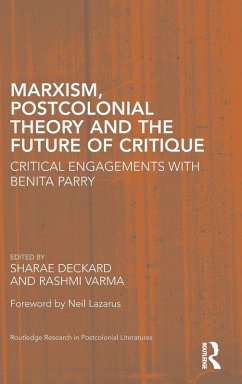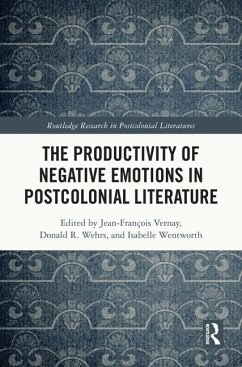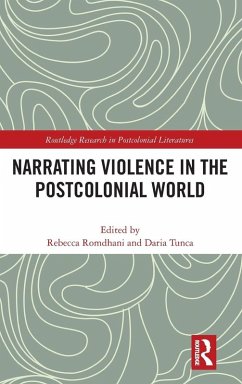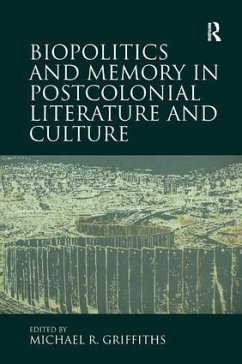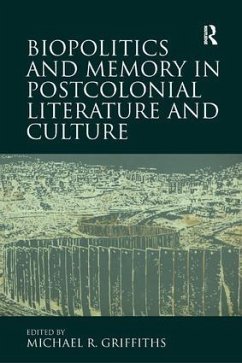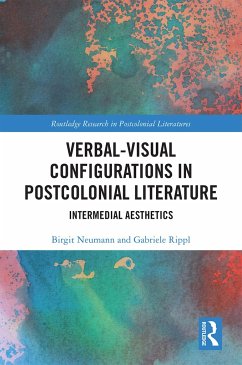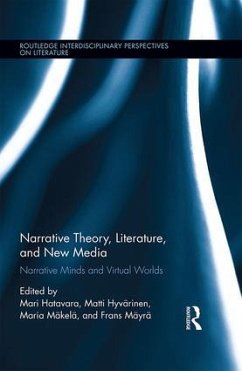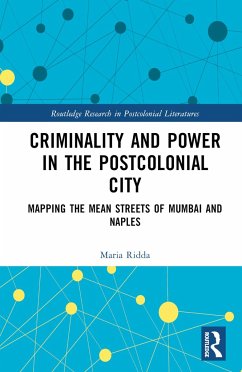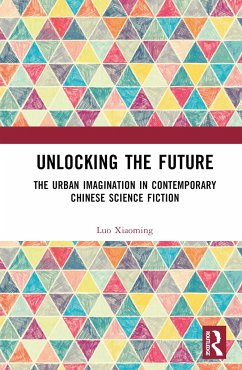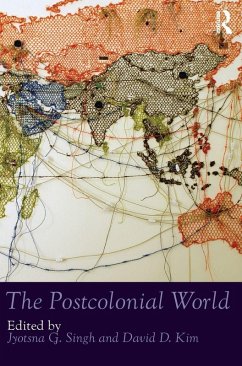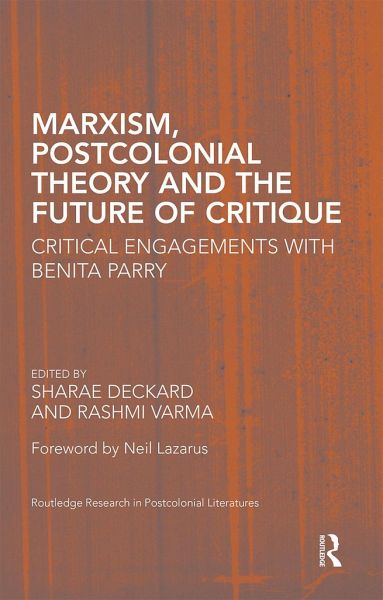
Marxism, Postcolonial Theory, and the Future of Critique
Critical Engagements with Benita Parry
Herausgeber: Deckard, Sharae; Varma, Rashmi
Versandkostenfrei!
Versandfertig in 1-2 Wochen
56,99 €
inkl. MwSt.
Weitere Ausgaben:

PAYBACK Punkte
28 °P sammeln!
Using the aesthetic and political concerns of Parry's oeuvre as a touchstone, this book explores new directions for postcolonial studies, Marxist literary criticism, and world literature in the contemporary moment, seeking to re-imagine the field, and alongside it, new possibilities for left critique. It is the first volume of essays focusing on the field-defining intellectual legacy of the literary scholar Benita Parry. As a leading critic of the post-structuralist turn within postcolonial studies, Parry has not only brought Marxism and postcolonial theory into a productive, albeit tense, dia...
Using the aesthetic and political concerns of Parry's oeuvre as a touchstone, this book explores new directions for postcolonial studies, Marxist literary criticism, and world literature in the contemporary moment, seeking to re-imagine the field, and alongside it, new possibilities for left critique. It is the first volume of essays focusing on the field-defining intellectual legacy of the literary scholar Benita Parry. As a leading critic of the post-structuralist turn within postcolonial studies, Parry has not only brought Marxism and postcolonial theory into a productive, albeit tense, dialogue, but has reinvigorated the field by bringing critical questions of resistance and struggle to bear on aesthetic forms. The book's aim is two-fold: first, to evaluate Parry's formative influence within postcolonial studies and its interface with Marxist literary criticism, and second, to explore new terrains of scholarship opened up by Parry's work. It provides a critical overview of Parry's key interventions, such as her contributions to colonial discourse theory; her debate with Spivak on subaltern consciousness and representation; her critique of post-apartheid reconciliation and neoliberalism in South Africa; her materialist critique of writers such as Kipling, Conrad, and Salih; her work on liberation theory, resistance, and radical agency; as well as more recent work on the aesthetics of "peripheral modernity." The volume contains cutting-edge work on peripheral aesthetics, the world-literary system, critiques of global capitalism and capitalist modernity, and the resurgence of Marxism, communism, and liberation theory by a range of established and new scholars who represent a dissident and new school of thought within postcolonial studies more generally. It concludes with the first-ever detailed interview with Benita Parry about her activism, political commitments, and her life and work as a scholar.





